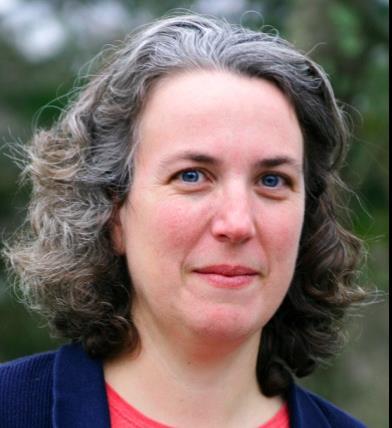Innovate Podcast Features Climate Interactive, Impact of Systems Thinking
By
David Pedigo
August 7, 2013
“Not only are problems interconnected, but often solutions are interconnected as well.”
-Beth Sawin
In the latest edition of the bi-monthly Innovate Podcast, which features interviews with influential social entrepreneurs and transformative thinkers, host David Castro sat down with Climate Interactive co-director Beth Sawin to talk climate change and sustainability.

Tackling climate change can be intimidating. The broad range of actors contributing to the phenomenon makes it hard to view the issue on anything than a global scale. For this same reason, highly focused solutions tend to fall short.
“As we come to the edges of the Earth’s carrying capacity for human beings … people who are trying to make a dent in those problems are pretty quickly brought up against the old ways of approaching things,” Sawin says.
That’s where systems thinking—the analytical approach that underlies Climate Interactive’s simulation models—comes in. By focusing on the interconnections within a system, it enables us to see the big picture and anticipate unwanted side effects.
“Systems thinking tends to be more productive because it gets you away from thinking about defective, shortsighted, greedy people and thinking instead about good people trying to do their best within systems that aren’t set up necessarily for the common good or the long-term wellbeing of the whole,” Sawin says in the podcast.
Making the necessary changes to these systems isn’t easy, but with the help of Climate Interactive’s simulation models, understanding them can be. In a world overflowing with statistics on climate change, these models invite users to take a step back and see the big picture for themselves.
This is now easier than ever before, thanks to Climate Interactive’s upcoming initiative—the Climate Leader—which will offer free online courses for those who want to use Climate Interactive’s methods to make an impact on climate change. Fall enrollment is still open and the course is available globally.
Listen to the full podcast here.

